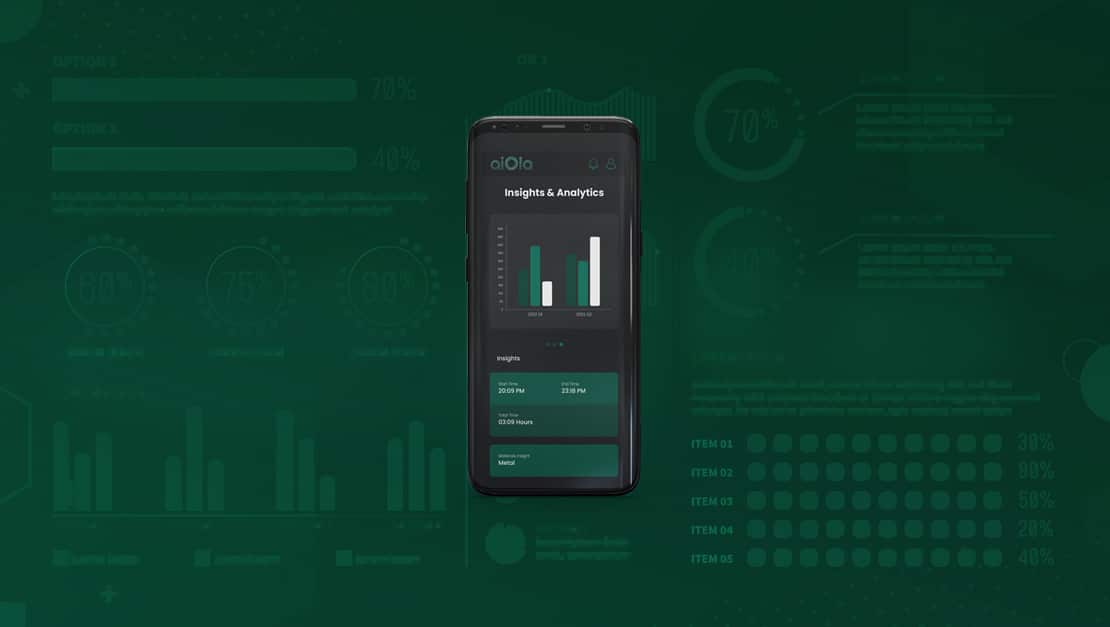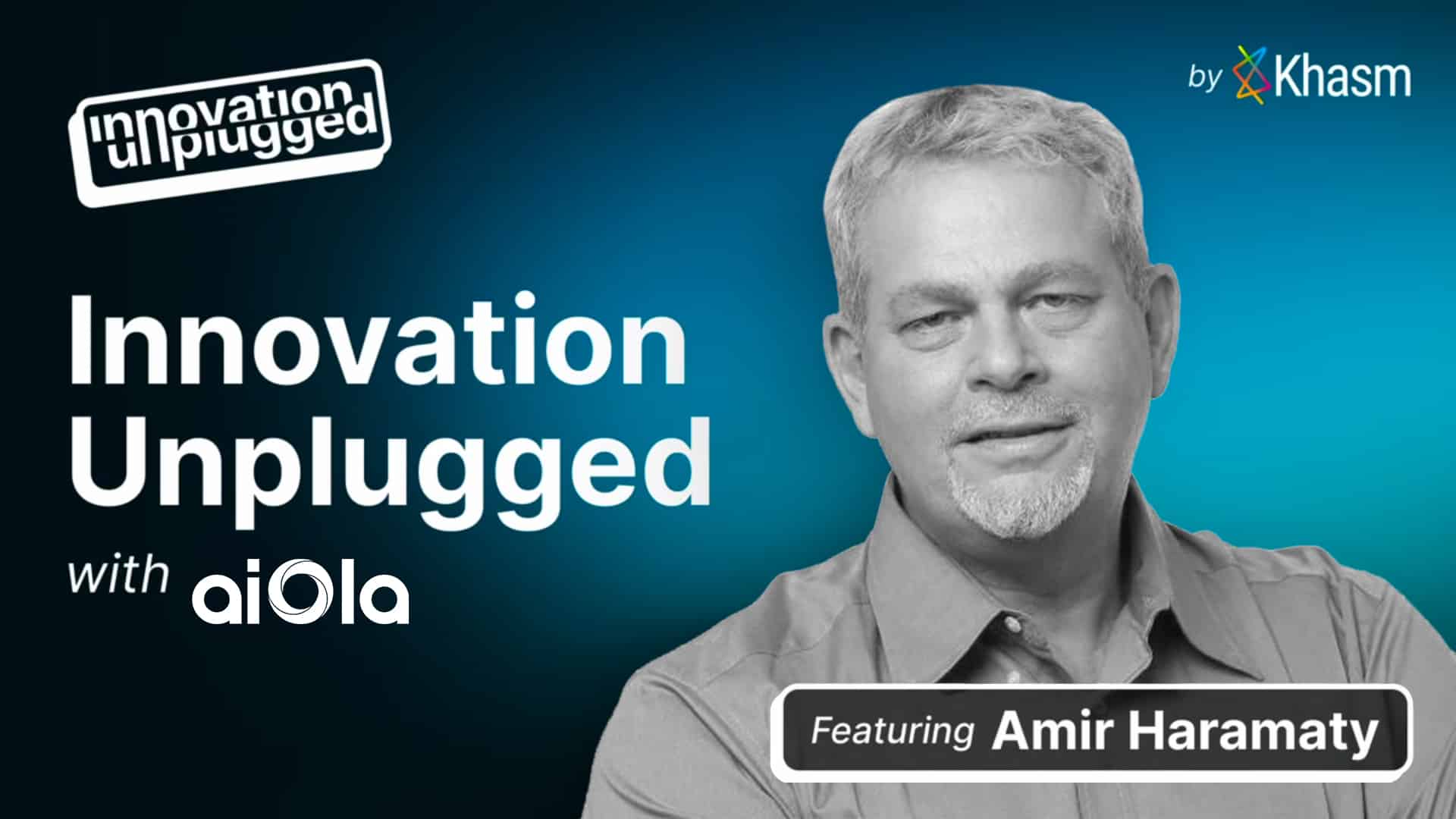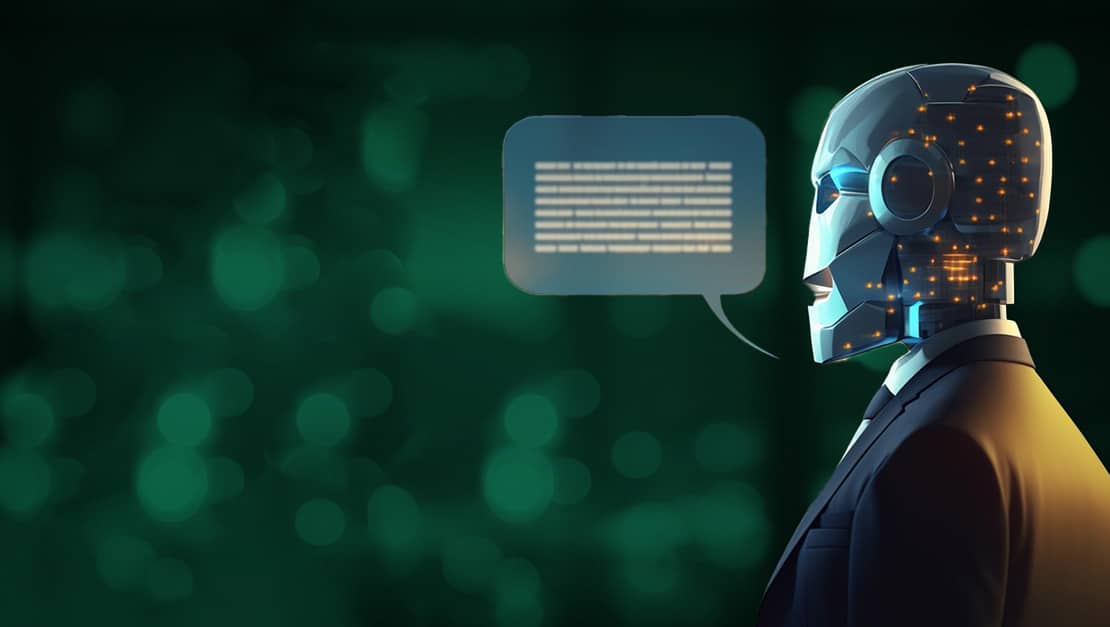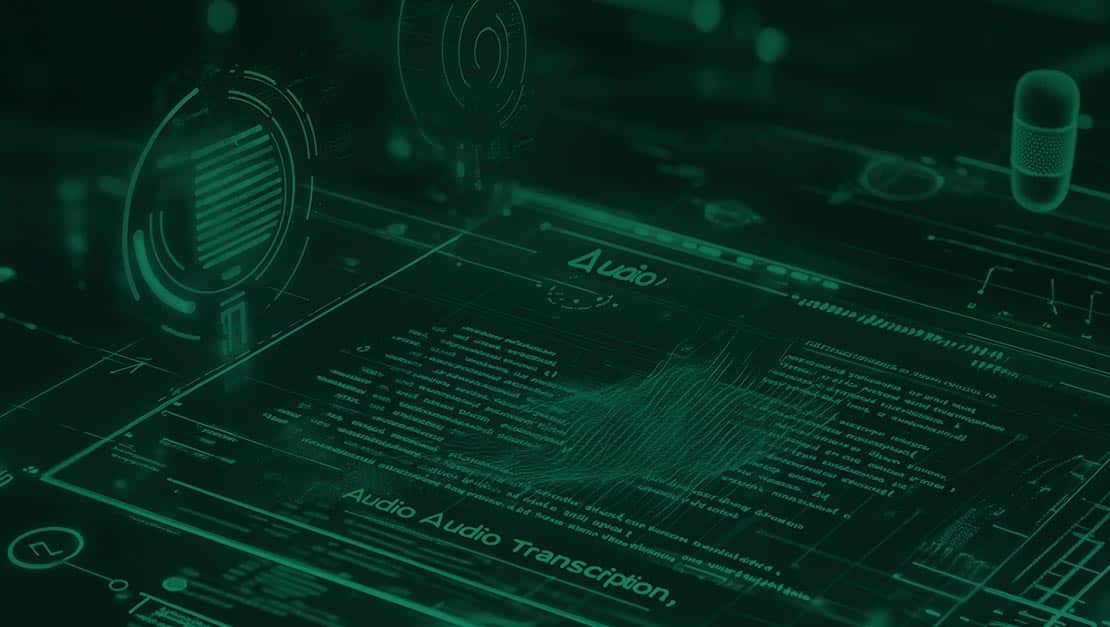Does it ever feel like there’s not enough time in the day to handle every customer’s pressing need? With phone lines ringing and email inboxes filling up, AI speech analytics can help to reduce the load due to its incredible capabilities.
We’re going to learn all about what AI speech analytics is, the plenty of advantages to be had with its use, and how it can be implemented seamlessly in any business. We’ll also uncover how AI-powered speech analytics is revolutionizing data analysis and enhancing decision-making processes.

What is AI Speech Analytics?
AI speech analytics leverages speech recognition, machine learning, and natural language processing to convert a customer’s spoken words into text. Then, the software analyzes the text to decipher the customer’s preferences, needs, and even emotions.
Speech analytics delivers a way to immediately respond to clients and handle more customer requests at a single time. As a subset of conversation intelligence, speech analytics is focused on transcribing a recorded call into text.
How AI Speech Analytics Works: Key Components
Speech analytics software collects data pulled from customer conversations and provides an overview of information displayed in dashboards, transcripts, and reports. With access to this kind of data, call center managers and agents are able to better address customer requests and complaints.
But, how exactly does software hear, understand, and transcribe human voices?
Speech analytics software ingests the calls and moves through these steps:
- Processing Data
Through application of artificial intelligence, such as sentiment analysis and speech recognition, the software analyzes the call’s metadata.
- Analysis
Upon analyzing the tone and words, the software can categorize the call and place a spotlight on keywords. It then provides a report that summarizes its analysis.
- Insights
Along with the analysis comes detailed reporting that provides updates on how the agent performed, the customer’s emotions, the call’s quality, and compliance metrics.
AI Speech Analytics Applications
AI speech analytics can be applied in various industries and scenarios to improve service. For example, the software can be implemented for:
Customer service and support
By using AI speech analytics to deduce a customer’s sentiments from their voice in calls, businesses can cater and address customer needs with a better understanding from the start. This enables customer support agents to provide feedback and solutions in real-time.
Sales and marketing
With access to a customer’s behaviors and emotions from prior calls, agents can be better trained for future scenarios. Improved training can lead to more efficient sales calls.
Market research and consumer insights
One of the best ways to develop better products and achieve market fit is to understand customers and preferences. Speech analytics can be used to listen to customer feedback to improve product development.
Cost savings
If there are repetitive concerns on behalf of customers, a business may opt to resolve them via self-service means. By doing so, the business can save on costs for call centers and reduce delays in issue resolutions.

Advantages of AI Speech Analytics
Even from a brief overview of AI speech analytics’ applications, your mind is probably filled with ideas on how this technology can improve your business’ operations. Whether you can already see the full picture or not, we’re going to depict some of the upsides that come along with deploying this impressive technology:
Enhanced Customer Experience
- Real-time feedback and issue resolution: As we’ve briefly touched on, speech analytics helps to respond to more calls per agent, so agents are able to provide almost immediate issue resolution.
- Personalized interactions and recommendations: Agents are better equipped with a deeper understanding of what a client needs, so they can provide tailored service and communication.
Operational Efficiency
- Automated call categorization and routing: With a top-notch AI speech analytics software in use, you can ingest calls and streamline them to the right person to handle the call.
- Identification of trends and patterns for process improvement: Given the amount of data that is neatly categorized and stored, the reports generate insights that help businesses improve their processes.
Data-Driven Decision Making
- Insights into customer preferences and behaviors: Rather than having to guess how customers are liking or disliking a product or service, your business can use speech analytics to get a sense of customer experiences. This helps to know what is driving positive outcomes versus negative ones.
- Predictive analytics for proactive decision-making: Historical data doesn’t only aid in process improvement, it also can help predict future outcomes. With access to these insights, businesses can be proactive and informed in decision-making to boost customer experiences, and ultimately, profits!
Best Practices for Implementation
Are you considering using AI speech analytics in your organization? Before you choose your solution and deploy it to your team, let’s consider these best practices:
1. Set a Goal
Define clear goals and objectives. In order to do so, you have to be specific and choose a goal that is measurable. For example, you may wish to boost customer loyalty. A more specific way to define this goal is to say, “decrease customer churn by 10% in 6 months.” By doing so, you’re able to see how your chosen software is working towards a quantifiable goal.
2. Find an Integrative Solution
Since speech analytics provides details about customer sentiments and behaviors, you’ll want to be sure that the tool integrates with your existing technology, such as your CRM. By doing so, you’ll be able to segment your customers for tailored marketing initiatives and support.
3. Focus on Training
Adding any new technology to your business will require that your employees are on board and trained to use it properly. Hands-on training sessions, open feedback loops, and continuous check-ins are a good way to begin.
4. Track and Monitor
Upon deploying your AI speech analytics solution, remember to monitor its performance. Ensure that key performance indicators are moving in the direction to achieve the goals you’ve defined back in step 1.
AI speech analytics is a powerful solution for customer support and call centers. If you’re looking for speech-enabled solutions that can help your team complete processes on-the-spot, you may wish to consider aiOla. aiOla is a speech-enabled AI platform that digitizes your existing workflows and enables you to talk through critical workflows. The software can understand business-specific jargon, in any language and acoustic environment. With aiOla in action, your team can boost productivity, capture otherwise lost data, collaborate smarter, and work more safely.
The Future of Speech Analytics and AI
While the present is already filled with robust technology to suit every need, the future of speech analytics is shining brightly.
What can we expect next?
Take a look:
Advancements in Multimodal Speech Analytics
Multimodal speech analytics is the ability to analyze different types of data, such as text, speech, and visual information. With expanding analysis capabilities, the use of speech analytics can only grow.
Real-time Voice Analytics
Real-time voice analytics can be applied during live calls so agents can gain insights as they are actively communicating with a customer. Businesses gain transparency into how their team is managing calls, as well as if they are following standards. Additionally, if an agent runs into a roadblock while they are on a call or are unsure of how to respond, they may receive a pop-up notification in front of them to assist.
Integration with Voice Assistants and Chatbots
While speech analytics has been available for decades for recorded calls, the technology is starting to integrate with chatbots and voice assistants to improve their capabilities.
When it comes to the revolution of speech and AI, the future is limitless, and it’s no wonder why it’s all the talk.
Closing Words
AI speech analytics is an expanding market that is transforming how customers and businesses interact. By leveraging AI speech analytics and speech AI solutions like aiOla, companies gain a competitive edge and can continuously improve customer experiences without having to add resources.

